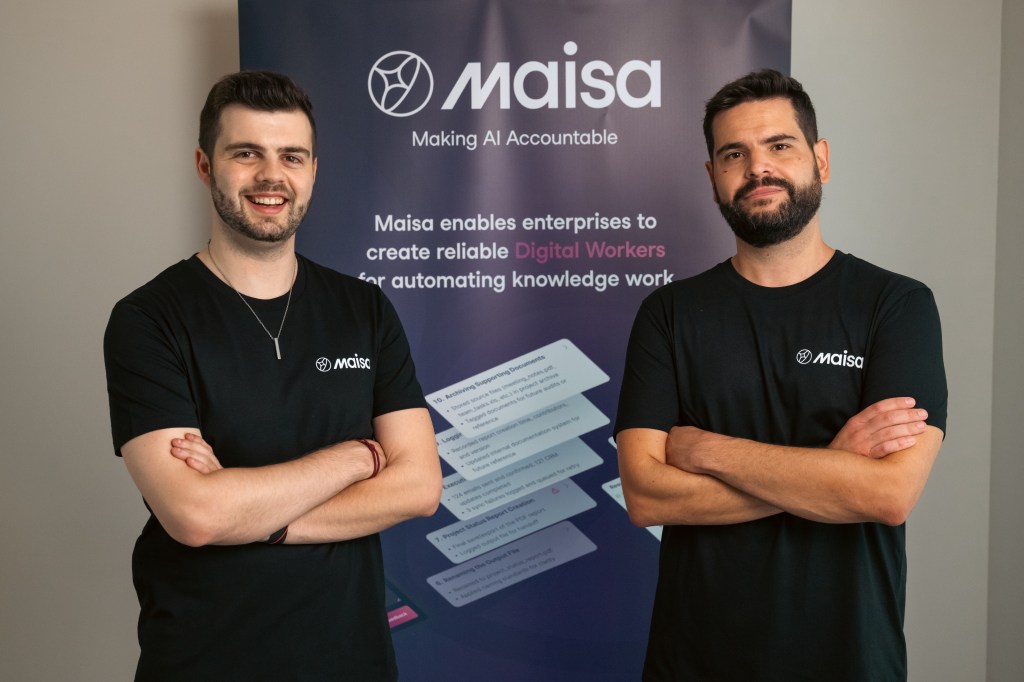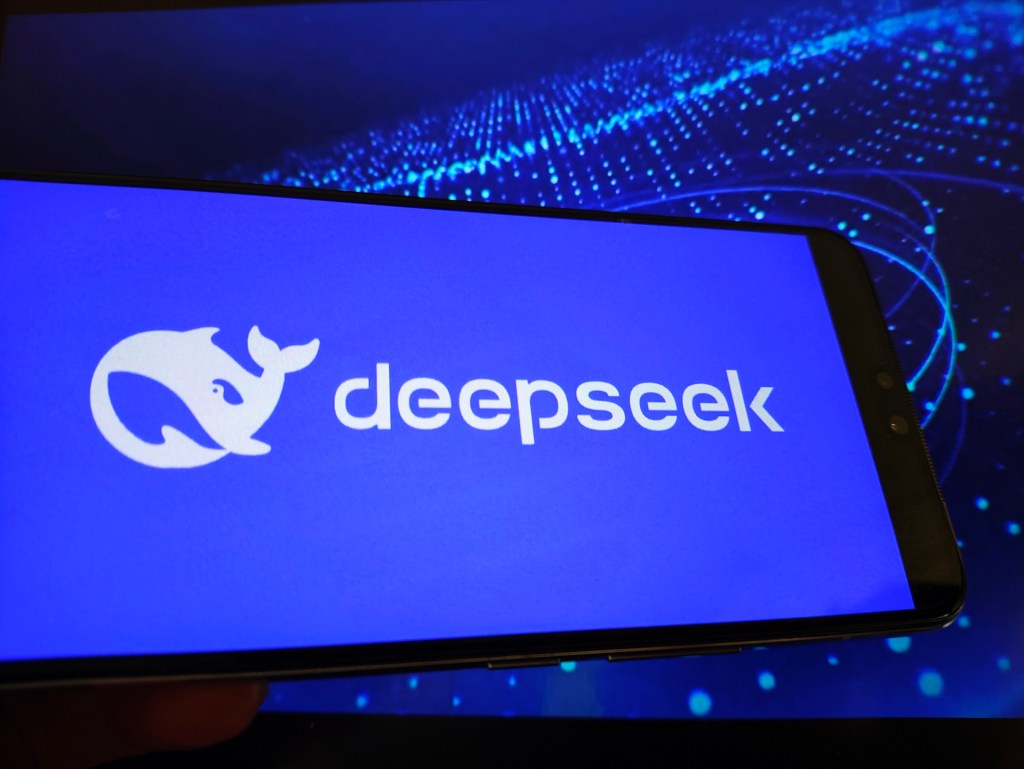A recent report from MIT’s NANDA initiative reveals that 95% of generative AI pilot projects in enterprises are unsuccessful. In response, leading organizations are exploring agentic AI systems that are capable of learning and can be effectively supervised.
Maisa AI, a startup established in 2024, is at the forefront of this movement. The company emphasizes that enterprise automation necessitates transparent and accountable AI agents, moving away from the traditional opaque black box models. With a recent $25 million seed funding round led by European venture capital firm Creandum, Maisa AI has introduced Maisa Studio. This model-agnostic, self-service platform enables users to deploy digital workers that can be trained using natural language inputs.
Unlike other platforms that generate responses directly, Maisa AI focuses on constructing the processes required to achieve those responses—a methodology they term chain-of-work. CEO David Villalón explains, Instead of using AI to build the responses, we use AI to build the process that needs to be executed to get to the response.
The technical foundation of this approach is credited to co-founder and Chief Scientific Officer Manuel Romero. Both Villalón and Romero previously collaborated at Spanish AI startup Clibrain. Their firsthand experiences with AI’s limitations, particularly issues like hallucinations, led them to develop solutions that enhance reliability. Villalón notes, You could not rely on AI, emphasizing the need for dependable systems.
To tackle these challenges, Maisa AI employs HALP (Human-Augmented LLM Processing). This system engages users by inquiring about their specific needs while digital workers outline the steps they will undertake, ensuring clarity and accountability.
Additionally, the company has developed the Knowledge Processing Unit (KPU), a deterministic system designed to minimize AI hallucinations. This focus on trustworthiness has resonated with enterprises aiming to apply AI to critical operations. Current clients include a major bank and companies in the automotive and energy sectors.
Maisa AI positions itself as an advanced form of robotic process automation (RPA), offering productivity enhancements without the need for rigid predefined rules or extensive manual programming. The startup provides deployment options in its secure cloud or through on-premise installations to cater to diverse enterprise needs.
While Maisa AI’s current customer base is smaller compared to freemium platforms, its enterprise-first approach sets it apart. The launch of Maisa Studio aims to broaden its reach and simplify adoption for a wider audience.
With dual headquarters in Valencia and San Francisco, Maisa AI has a significant presence in the U.S. market. Its $5 million pre-seed round in December was led by San Francisco-based venture firms NFX and Village Global. The recent funding round also saw participation from U.S. firm Forgepoint Capital International, through its European joint venture with Spanish bank Banco Santander, highlighting the startup’s appeal in regulated sectors.
Focusing on complex use cases that demand accountability from non-technical users could differentiate Maisa AI from competitors like CrewAI and other AI-driven workflow automation products. In a LinkedIn post, Villalón cautioned against the AI framework gold rush, noting that the quick start can become a prolonged challenge when reliability and auditability are required.
To meet growing demand, Maisa AI plans to expand its team from 35 to approximately 65 employees by the first quarter of 2026. Starting in the last quarter of this year, the startup anticipates rapid growth as it begins serving its waiting list. Villalón asserts, We are going to show the market that there is a company that is delivering what has been promised, and that it’s working.



